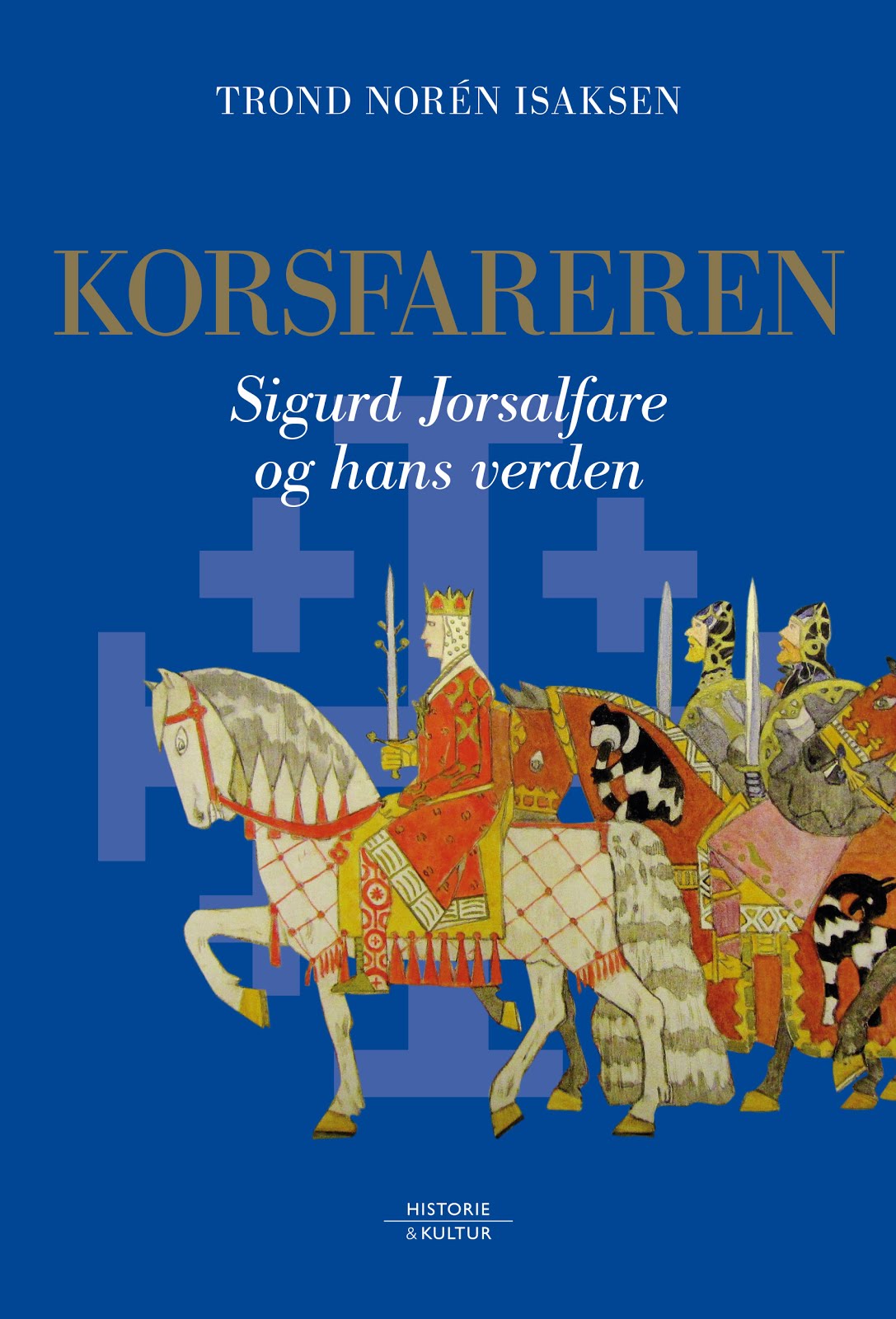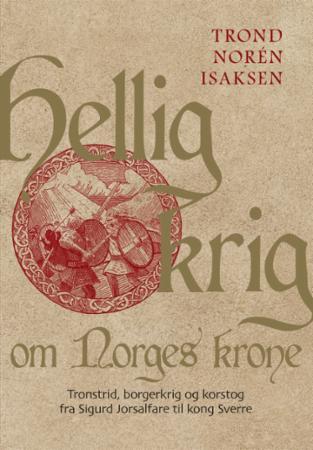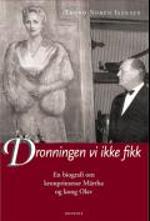 For a long time it seemed beyond doubt that the Conservative Party would win this year’s parliamentary election in Britain. But recently the gap between the Tories and the governing Labour party has kept narrowing and the political earthquake resulting from Nick Clegg’s performance in the first ever televised debate between party leaders last Thursday now makes it seem even less likely that the Tories will win a majority in the House of Commons.
For a long time it seemed beyond doubt that the Conservative Party would win this year’s parliamentary election in Britain. But recently the gap between the Tories and the governing Labour party has kept narrowing and the political earthquake resulting from Nick Clegg’s performance in the first ever televised debate between party leaders last Thursday now makes it seem even less likely that the Tories will win a majority in the House of Commons.For the Conservatives, arguably the oldest political party in the world, the last two decades have been troubled times, but in recent years they have again managed to present themselves as a viable alternative to Labour. In his excellent book The Conservative Party: From Thatcher to Cameron, which I read some weeks ago, Tim Bale, who is a lecturer in politics at Sussex University, looks at what has kept the party from power for so long and what has occasioned the shift in fortunes.
Bale points out that when out of office, the Tories would normally always find their way back to Downing Street quite rapidly. But for the last thirteen years this has not been the case – after the crushing defeat at the hands of New Labour in 1997 came an equal disaster in 2001 and an only slightly improved result in 2005, at a time when Labour was running into serious trouble.
The author argues that what the Tories failed to react to, was that Labour was no longer the left-wing party of Michael Foot and the 1983 manifesto, but a party which had moved to the centre ground and was thereby able to strike both left and right. Under John Major, William Hague, Iain Duncan Smith and Michael Howard, the Conservative party remained where it had been since the days of Margaret Thatcher and concerned itself mostly with issues such as tax, crime, immigration and the EU, marked by an increasingly populist approach. Although these issues mattered to many, they were not the issues most important to voters and meanwhile Labour managed to secure ownership to those issues voters cared most about, such as health, education and economy.
While the political landscape had changed, the Tories did not change – in 1997, 2001 and 2003 they elected a new party leader, but failed to look at what they ought to do about themselves to make them more attractive to voters. This changed only in 2005, when David Cameron was chosen to lead the party. Cameron has given the party a greener profile and taken it towards the centre ground of politics, thereby enabling it to reclaim ownership to several electorally important issues.
Well written and full of insight, Tim Bale’s book is likely to remain a valuable account of how and not least why the Conservative Party walked through the valley of shadows for more than a decade. But it is only in the early hours of 7 May that we will know if David Cameron has really succeeded in finding the way out of it.





No comments:
Post a Comment
Comments are welcome, but should be signed - preferably by a name, but an initial or a nick will also be accepted. Advertisements are not allowed. COMMENTS WHICH DO NOT COMPLY WITH THESE RULES WILL NOT BE PUBLISHED.